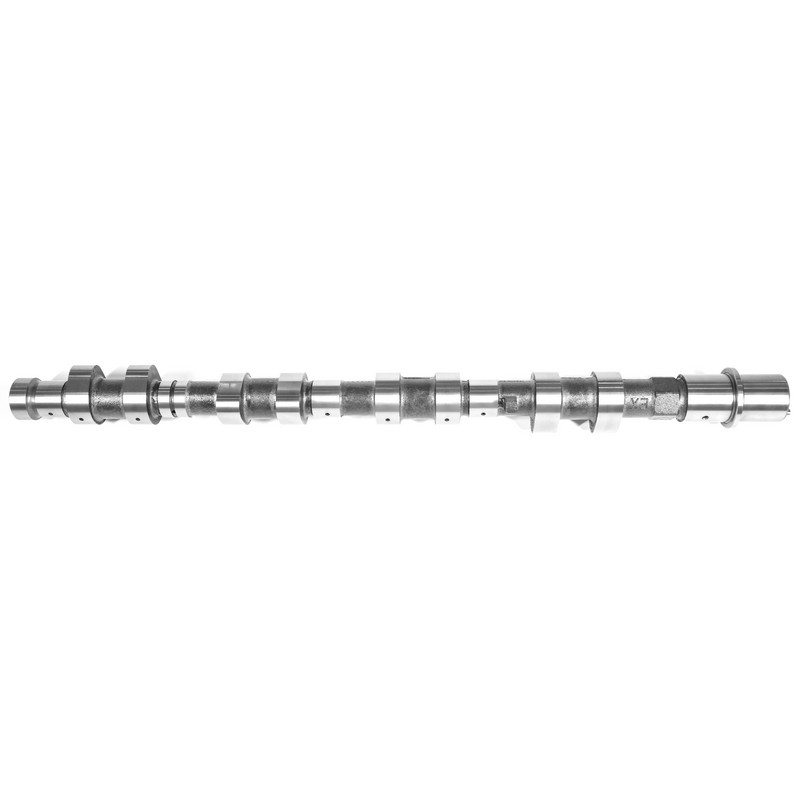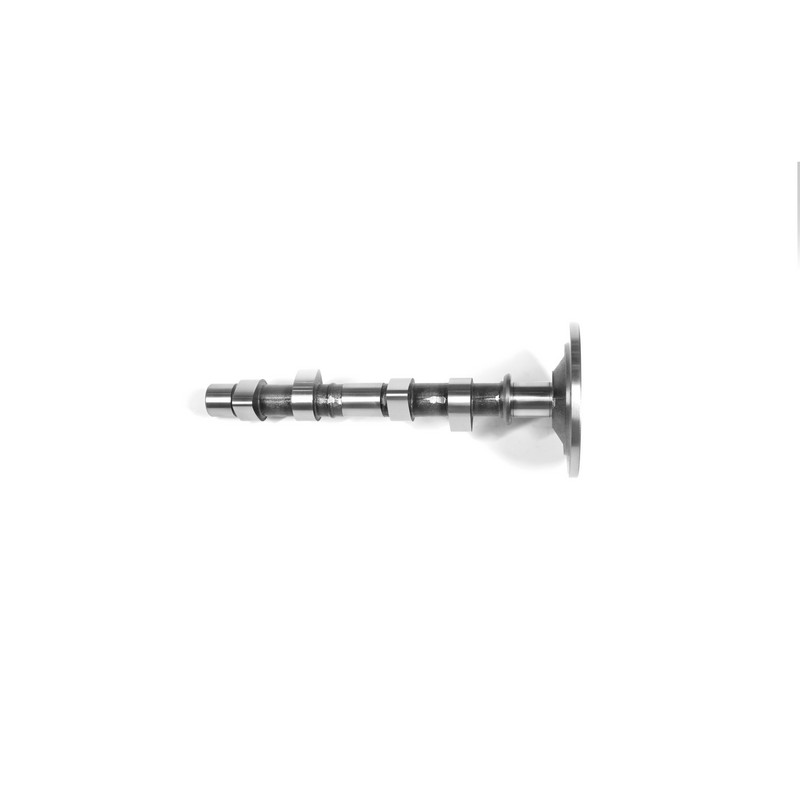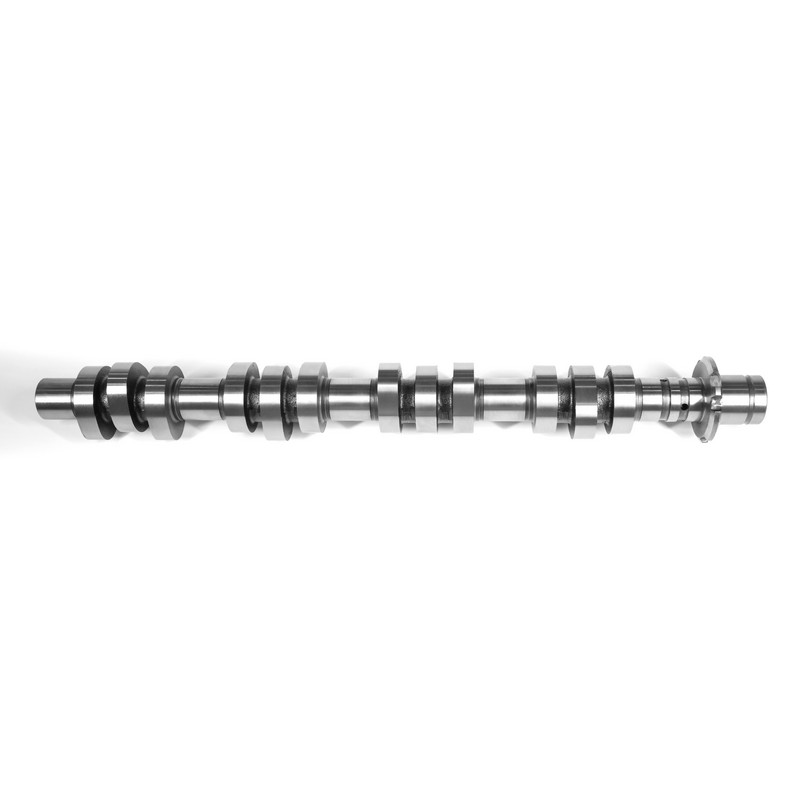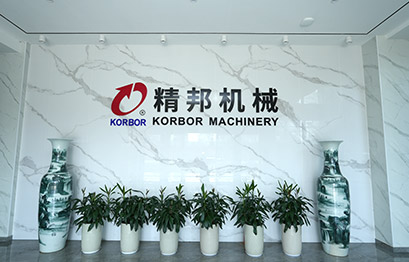As a top camshaft manufacturer, what high-performance alloys and heat treatment processes does the company use to ensure the strength, hardness and wear resistance of the camshafts produced for BMW cars?
1. Selection of high-performance alloys
As a key component of the engine, the selection of materials for the camshaft is crucial. KORBOR is well aware of this. They use a variety of high-performance alloys for the BMW Car Camshaft produced for BMW cars. These alloys have excellent mechanical properties and corrosion resistance and can meet the needs of the engine under various working conditions.
Alloy cast iron: Alloy cast iron is one of the commonly used materials in camshaft manufacturing. It has high strength, high hardness and good wear resistance. KORBOR specially selects alloy cast iron for high-speed camshafts, such as CAC480, to ensure that the camshaft can maintain stable performance and a long service life when running at high speed.
Ductile iron: Ductile iron has excellent toughness and strength, and is suitable for low-speed, heavy-load engines such as single-cylinder internal combustion engines. KORBOR uses specially treated ductile iron, such as the material used in the S195 diesel engine camshaft, to ensure that the camshaft can maintain good mechanical properties under harsh working conditions.
Medium carbon steel: Medium carbon steel has high strength and hardness, maintains a certain toughness, and is suitable for the manufacture of large engine camshafts. KORBOR uses high-quality medium carbon steel, such as the material used in the 6102 engine camshaft, to ensure that the camshaft can maintain stability and durability when subjected to large loads.
2. Application of heat treatment process
In addition to the selection of high-performance alloys, KORBOR also uses a variety of advanced heat treatment processes to further improve the strength, hardness and wear resistance of the camshaft. These heat treatment processes include tempering, carburizing and quenching.
Tempering treatment: Tempering is a heat treatment process in which the quenched workpiece is heated to an appropriate temperature below the critical point AC1, maintained for a certain period of time, and then cooled. Through tempering treatment, KORBOR eliminates the residual stress and brittleness generated during the quenching process, improves the toughness and plasticity of the camshaft, and maintains a high hardness and wear resistance.
Carburizing treatment: Carburizing is the process of placing a low-carbon steel workpiece in a carburizing medium and allowing carbon atoms to penetrate into the surface of the workpiece at high temperature. KORBOR increases the carbon content of the camshaft surface through carburizing treatment, thereby improving the hardness and wear resistance of the surface. The thickness of the carburized layer is usually between 0.8 and 1.2 mm to ensure that the camshaft can maintain stable performance after long-term operation.
Quenching treatment: Quenching is a heat treatment process in which the workpiece is heated to the austenitizing temperature and then cooled at an appropriate cooling rate to cause the workpiece to undergo unstable organizational structure transformation such as martensite in all or a certain range of the cross section. KORBOR adopts high-frequency quenching technology and uses the principle of high-frequency induction heating to quickly heat the camshaft surface to the quenching temperature (usually between 800 and 900°C), and then immediately cools it quickly. This quenching method has the advantages of fast heating speed, uniform heating, and small deformation, and can significantly improve the hardness and wear resistance of the camshaft. High-frequency quenching mainly heats and quenches the surface of the camshaft, which better retains the toughness of the shaft and achieves an optimized combination of surface and internal performance.
3. Improvement of comprehensive performance
Through the selection of high-performance alloys and the application of advanced heat treatment processes, the BMW Car Camshaft produced by KORBOR for BMW has been significantly improved in strength, hardness and wear resistance. These camshafts have excellent fatigue resistance, wear resistance and corrosion resistance, and can maintain stability and reliability under long-term and high-load operation of the engine. KORBOR also ensures that each batch of camshafts has the same high quality level through strict quality control system and production process management.

 English
English 中文简体
中文简体 русский
русский Español
Español










